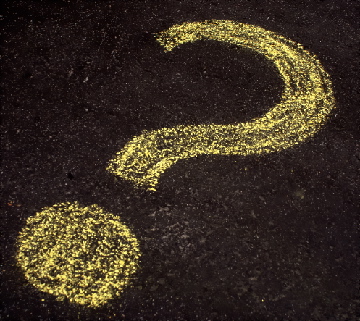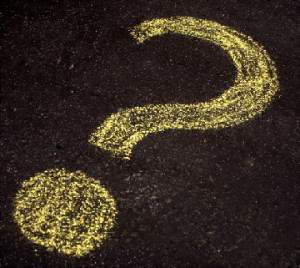“I don’t know.”
I’ve said that line so many times, and have heard it in return so many times, as well.
And most of the time, in return to the question: “What do you want?” And all the versions of that question.
There are times when I just say “I don’t know”, automatically, absentmindedly.
And there are times when I’ve thought about it long and hard, and “I don’t know” is still the thought I have.
It’s just so easy to say “I don’t know.”
It’s much harder to face the deeper truth.
What does “I don’t know” really mean?
I haven’t decided.
People are smart, and I believe people are fully capable of charting their own course for their lives, and in coming up with the best possible decisions for themselves.
I remember there were times when I had to decide on where I wanted to go, and what I wanted to do, not just for today, but for long-term, like career, personal life decisions, It’s not “I don’t know” – I have nothing, but “I don’t know” – I haven’t decided what course of action I’m going to take.
In those times, I didn’t acknowledge what I had, and the different ways and options I already had thought up of. I was just stuck in “I don’t know”, and all the different reasons I was telling myself why and how “I didn’t know.”
I don’t know how to do it.
Many times, when I said “I don’t know”, it really meant that I didn’t know how to do it.
And when I mean I didn’t know how to do it, it means I don’t know how to do a certain action, or task, or to accomplish a specific result.
It’s not really that I didn’t know what to do, but I didn’t know how to do what I felt needed to be done.
For the longest time, I wanted to be a full-time facilitator, trainer, and coach. But the phrase “I don’t know”, or some version of that, was always my answer because I didn’t know how to get from point A to point B.
I don’t have the information I need, the steps or the action points, and the resources to achieve what I want, to get to point B.
If it’s information, action points, or resources, they are all within your reach.
So is motivation, dedication, passion, and perseverance.
I don’t really care.
Maybe not at this moment, or maybe ever.
There are some things that we just don’t value enough, don’t give importance enough, at different stages of our lives.
Sometimes, I think and say “I don’t care”, because at that point, I really didn’t care enough to take the time and effort to think, and feel through the question, and to come up with an answer.
It’s not worth the effort.
I don’t want to tell you.
When I was younger, I used to do this all the time. Say “I don’t know”, feign ignorance, so people would stop pestering me.
Saying “I don’t know” is a way of distancing. I don’t want to tell you, I don’t have the energy, or can’t dig deep enough to cough up the effort required to get to the answer. To explain to you in the detail you require the answer to be.
I’ve also found myself saying “I don’t know” when, in reality, I don’t want to tell you.
I don’t trust you. I’m afraid of being judged on what I’m going to say.
I’m afraid that if I tell you, I’m forced to follow through on what I say. It feels comfortable to be able to go back on what I decide to do, when I find that it’s too hard, too difficult, and when I don’t see results right away.
That’s one big reason we avoid saying the truth, and tell people “I don’t know” instead.
And the fear, doubt, anxiety? Applies to ourselves as well. We tell ourselves for fear that the real answer, the one we feel is right, may be too hard, too different, too uncomfortable to undertake.
And so we deny, distance, and tell ourselves, “I don’t know.”
What does “I don’t know” really mean for you? Please share in the comments below!


Leave a Reply